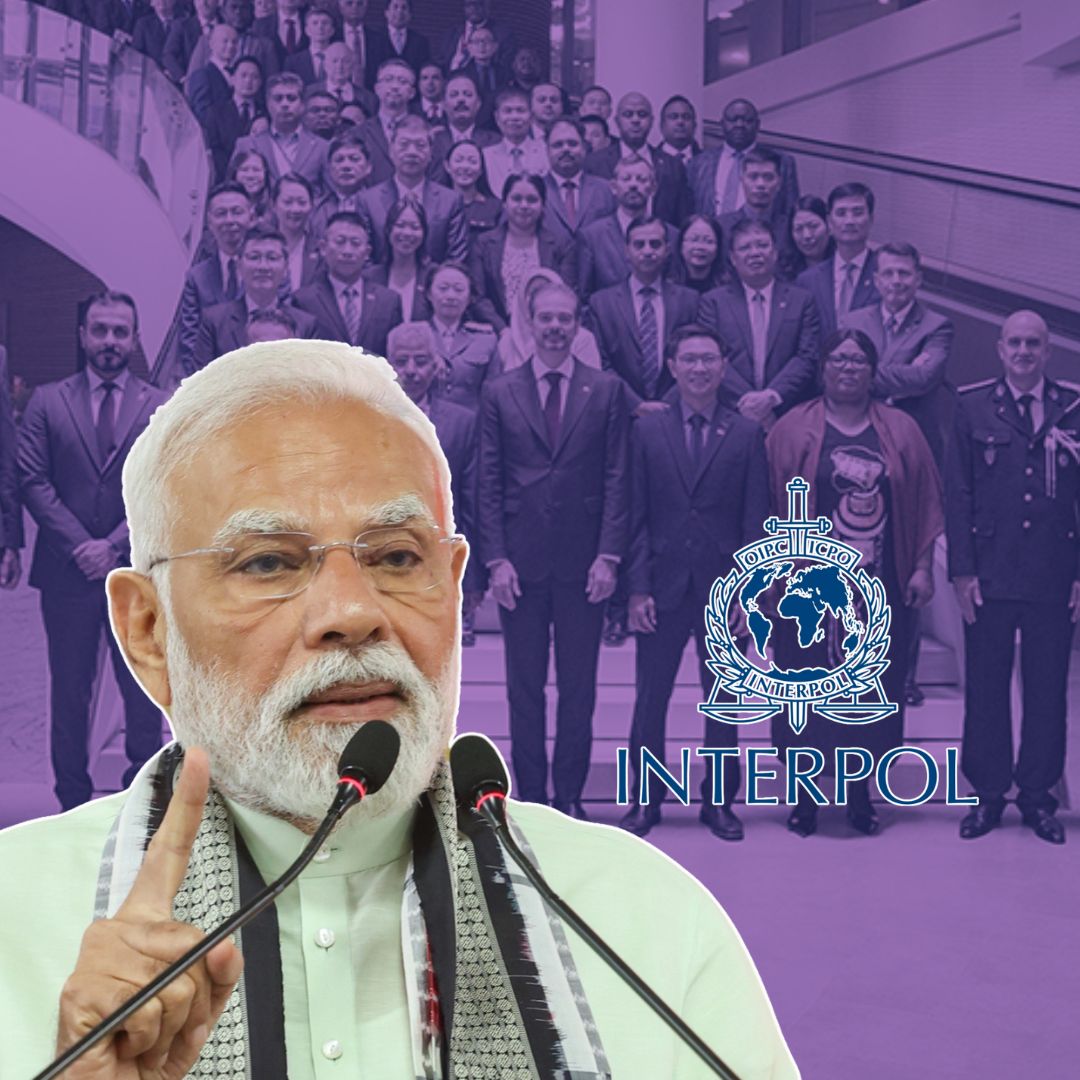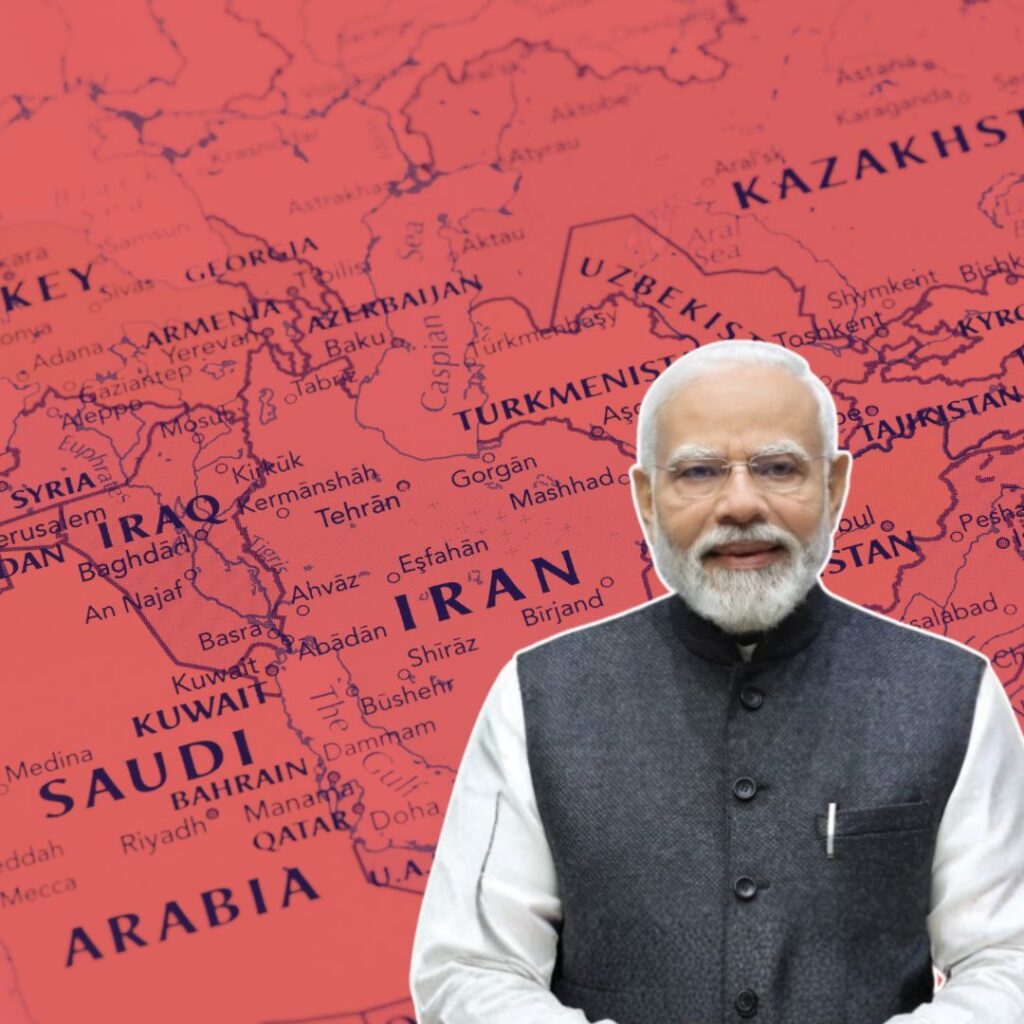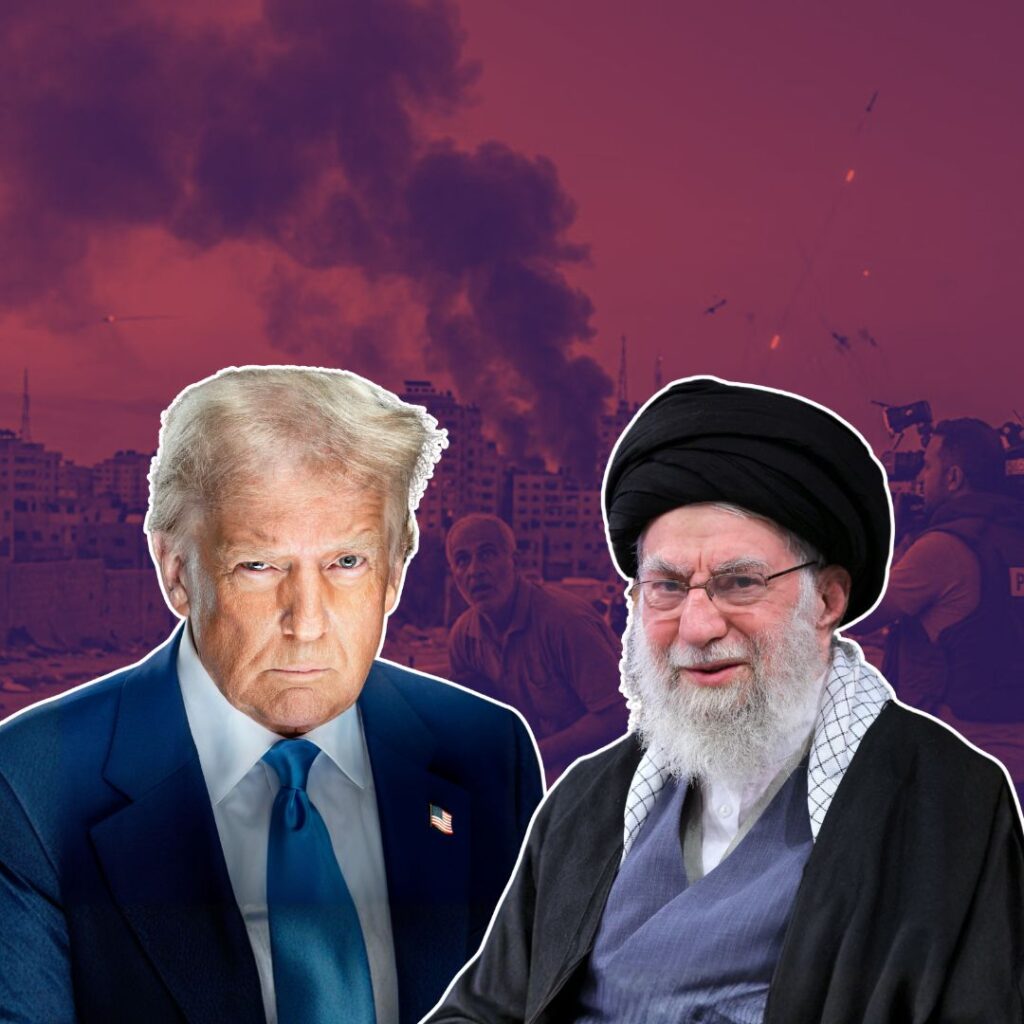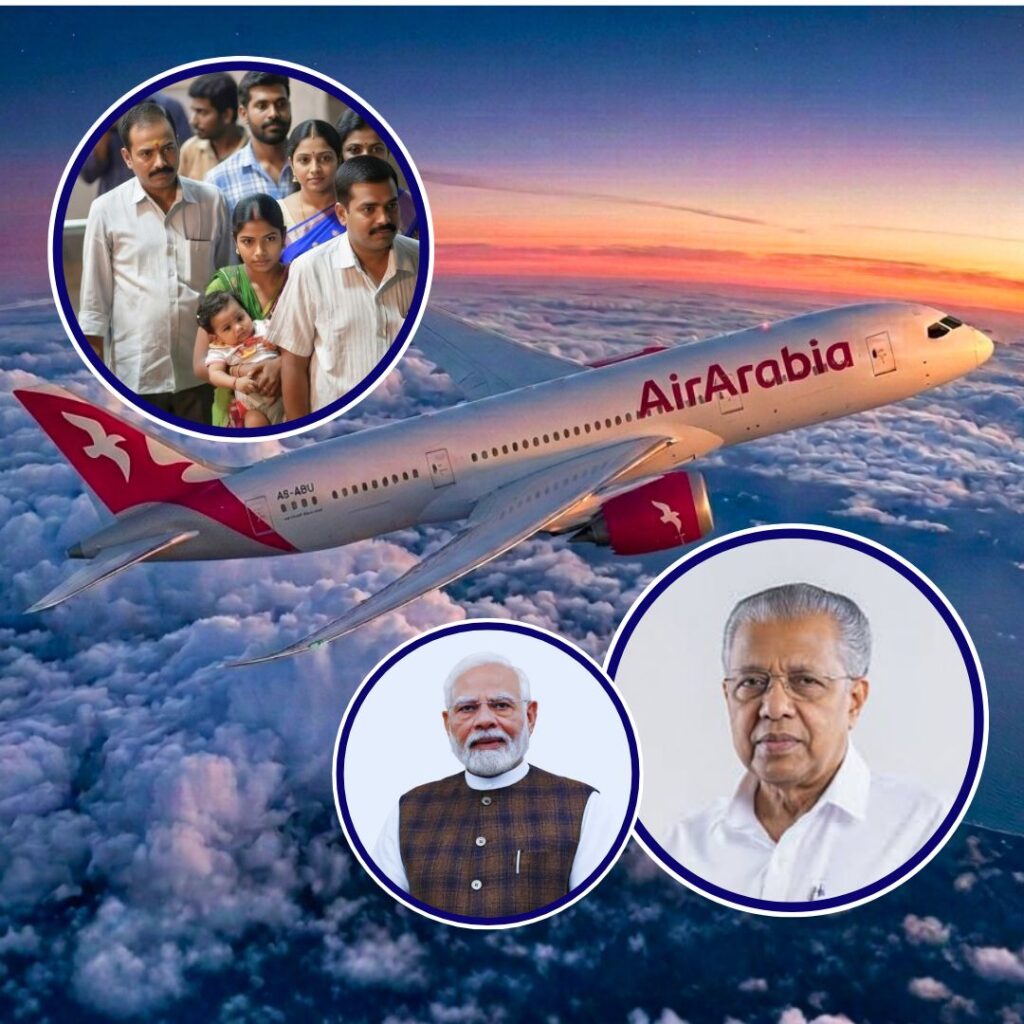India’s election to the Interpol Asian Committee during the 25th Asian Regional Conference in Singapore marks a significant milestone in the country’s expanding role in international policing cooperation. This membership is expected to deepen India’s collaboration with fellow Asian countries on critical security challenges, including organised crime, cybercrime, human trafficking, terrorism, and drug trafficking.
The committee functions as an advisory body to the Asian Regional Conference and plays a key role in setting regional strategic priorities and operational approaches to combat crime. India’s presence alongside other member nations will strengthen coordinated efforts to tackle cross-border criminal networks effectively.
Role and Functions of the Interpol Asian Committee
The Interpol Asian Committee serves as an advisory organ that guides the Asian Regional Conference in executing its mandate. It brings together representatives from member countries to discuss pressing security threats facing the region.
The committee’s responsibilities include identifying strategic priorities, addressing operational challenges, and recommending coordinated police actions among countries. It meets annually to ensure continuous deliberations on evolving crime patterns and emerging threats. India’s membership will allow it to contribute directly to shaping regional law enforcement policies, thereby enhancing collective responses to issues such as cybercrime, terrorism, human trafficking, and drug smuggling.
According to a spokesperson from India’s Central Bureau of Investigation (CBI), which represents India at Interpol, this role “provides a clear understanding of the strategic and operational issues at stake,” as reported by TOI.
Background and India’s Growing Leadership in Policing
India’s election to this committee is the result of a sustained and co-ordinated diplomatic campaign involving Indian diplomats, embassies, high commissions, and the National Central Bureau (NCB-India).
The victory reflects India’s increasing global leadership in law enforcement and transnational security matters. India has a history of notable representation in Interpol governance, including the election of senior CBI officials to key roles in the organisation.
Over the years, India has actively engaged in international policing efforts, especially in tracking fugitives, sharing intelligence, and building capacity to counter cyber threats and organised crime. Membership in the Interpol Asian Committee will further amplify India’s ability to collaborate with regional partners, thus enhancing law enforcement outcomes across Asia.
Strategic Significance for India and the Region
With the Asia-Pacific region facing rising threats from transnational crime networks, India’s membership is timely. The region battles challenges such as drug trafficking, digital fraud, cyberattacks, terrorism, and human trafficking. The committee’s role in promoting coordinated police cooperation becomes especially critical given the complexity and borderless nature of these crimes.
India’s participation not only strengthens the enforcement capacity but also promotes trust and dialogue among nations, which is essential for long-term peace and security. The enhanced cooperation is expected to result in more efficient investigations, faster response times, and a shared commitment to uphold the rule of law across national boundaries.
The Logical Indian’s Perspective
India’s recent election to the Interpol Asian Committee is more than a diplomatic achievement, it represents a commitment to collaborative security rooted in empathy, dialogue, and shared responsibility. In an interconnected world, tackling crime requires partnerships built on mutual respect and a collective desire for peace.
As India steps into this influential role, it has the opportunity to champion approaches that balance strong law enforcement with humane treatment, fostering safer societies through cooperation rather than conflict. The challenge ahead lies in ensuring that this new platform is used not just to enforce laws but to build bridges of trust and understanding across cultures and borders.
India elected to the INTERPOL Asian Committee
— Central Bureau of Investigation (India) (@CBIHeadquarters) September 19, 2025
Achievement demonstrates India’s growing Global Leadership in Law Enforcement and Transnational Security matters pic.twitter.com/KqdsKuOsMT
Committed to address shared challenges.
— Randhir Jaiswal (@MEAIndia) September 19, 2025
India has been elected as a member of INTERPOL Asian Committee for the term 2025-29 in 25th Interpol Asian Conference in Singapore.
India's membership underscores 🇮🇳's commitment for regional cooperation to address common challenges…












